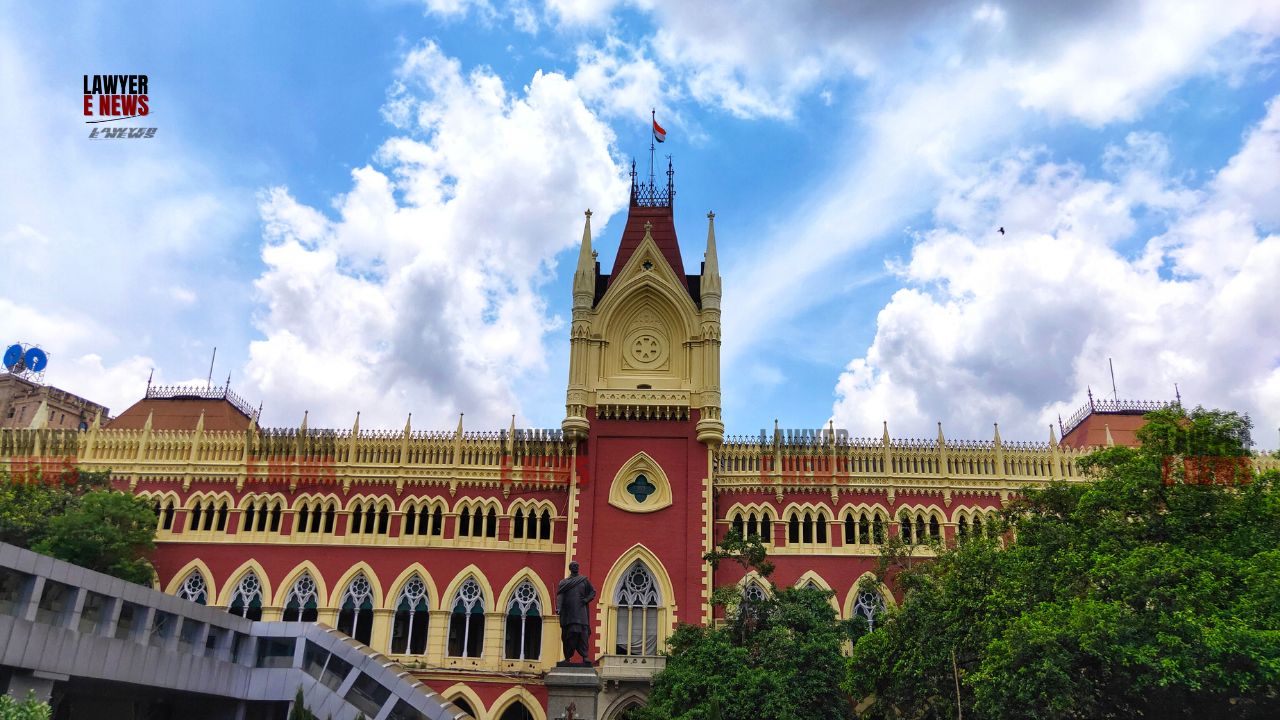-
by Admin
15 February 2026 5:35 AM



On September 13, 2024, the Calcutta High Court delivered a significant ruling in the case of Newton Mondal @ Niwetan Mondal vs. The State of West Bengal & Anr., addressing the issue of abduction and rape. The court set aside the conviction of the appellant, Newton Mondal, who was previously sentenced under Sections 341, 366, and 376 of the Indian Penal Code (IPC). The acquittal was based on the lack of corroborative evidence, inconsistencies in the victim's testimony, and an unexplained delay in lodging the complaint.
The case originated from a written complaint filed by the victim's brother on April 17, 2010, alleging that the accused, Newton Mondal, had kidnapped his sister, a widow with two minor sons, from the Nalhati market on March 28, 2010. It was claimed that the accused had confined and raped the victim at a secret location. The police registered the case under Sections 341, 363, 366, and 506 of the IPC and conducted an investigation which led to Mondal's arrest and subsequent conviction by the Additional Sessions Judge, Rampurhat Birbhum.
The central legal question in the case was the reliability of the victim's testimony as the primary evidence for conviction in sexual assault cases. The appellant's counsel argued that the victim's statements were inconsistent and exaggerated, rendering her an unreliable witness. They pointed out the lack of immediate complaint about the victim's disappearance and questioned the plausibility of her account of events. The State contended that the sole testimony of the victim should suffice in sexual assault cases, given the difficulty in obtaining corroborative evidence for such crimes.
Justice Tirthankar Ghosh of the Calcutta High Court found several issues with the prosecution's case:
Delay in Filing the Complaint: The court noted that there was an unexplained delay in filing the complaint, as the victim was allegedly missing since March 28, 2010, but the complaint was lodged only on April 17, 2010.
Inconsistencies in Testimony: The victim's statements under Section 164 of the Cr.P.C. and her court deposition contained significant discrepancies. While she initially claimed she was raped by unknown persons, her court testimony implicated Newton Mondal directly. The court found this inconsistency undermined the credibility of her testimony.
Lack of Corroborative Evidence: The court emphasized the lack of eyewitnesses or supporting evidence from the market where the alleged abduction occurred. Moreover, the medical report did not reflect any findings consistent with the victim's allegations of rape.
Legal Precedents: The court referred to several Supreme Court judgments, including State of Rajasthan v. Babu Meena (2013) 4 SCC 206, Dinesh Jaiswal v. State of M.P. (2010) 3 SCC 232, and Krishan Kumar Malik v. State of Haryana (2011) 7 SCC 130, emphasizing the need for a consistent and credible testimony from the prosecutrix in sexual assault cases for a conviction to be sustained.
Given these findings, the court concluded that the prosecution had failed to establish the guilt of the appellant beyond a reasonable doubt. The sole testimony of the victim was deemed unreliable due to inconsistencies and lack of corroborative evidence. Therefore, the court acquitted Newton Mondal of all charges, setting aside the conviction and sentence passed by the lower court.
Date of Decision: September 13, 2024
Newton Mondal @ Niwetan Mondal vs. The State of West Bengal & Anr.
